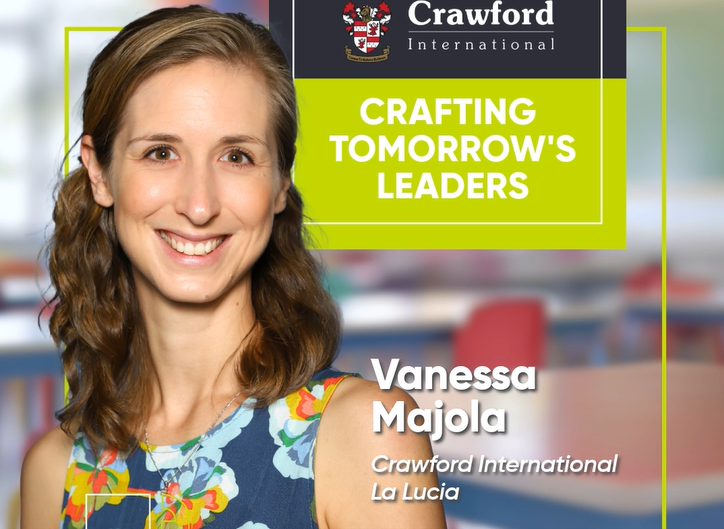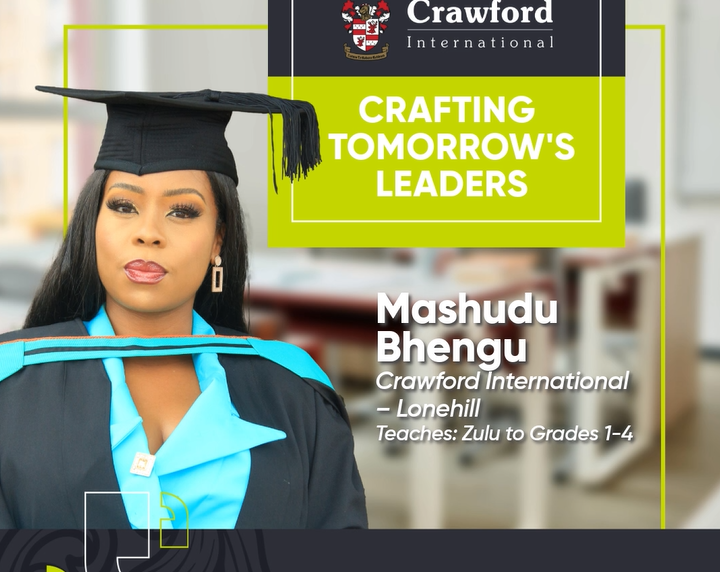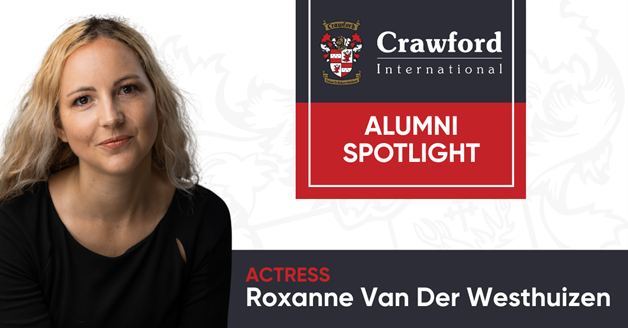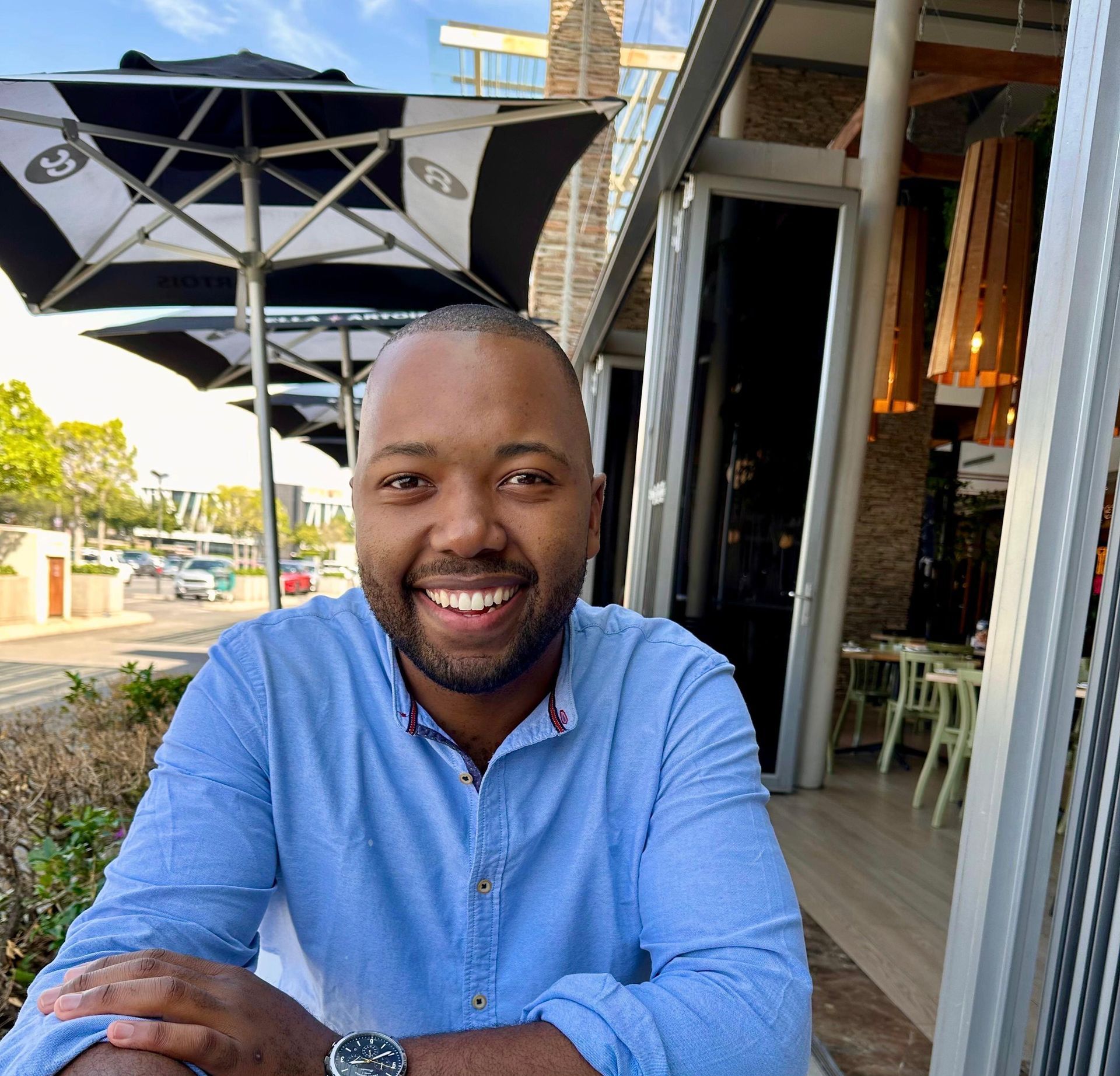Alumnus Spotlight: Langa Twala
September 20, 2024
Meet Dr Langa Twala - A Crawford Lonehill alumni taking quality healthcare to South Africa’s rural citizens
Current occupation: Medical Doctor at the Tzaneen Mediclinic Hospital and Peacemed Medical Centre
Further studies & qualifications:
- MBChB - Bachelor of Medicine and Bachelor of Surgery – University of Cape Town
- Post graduate qualifications in Basic and Essential Surgical Skills, Advanced Cardiovascular Life Support and Paediatric Life Support.
- Currently reading towards an Ophthalmology specialization
From the classroom to the operating room, Dr. Langa Twala’s journey from Crawford International Lonehill to the forefront of rural healthcare is nothing short of inspirational. Graduating with an impressive 8 distinctions in 2013, Langa wasted no time in pursuing his passion for medicine, earning his MBChB from the University of Cape Town in 2020.
After completing his internship and community service, he now serves at Tzaneen Mediclinic Hospital and Peacemed Medical Centre, where he brings hope and healing to underserved rural communities. His work fuels his deep commitment to serving others. “As a medical professional, I pride myself on working in a rural setting where access to quality care is limited. It’s an honour and privilege to be a part of so many big moments in people’s lives, from the birth of a child to the passing of a loved one,” Langa reflects.
On his Crawford journey
Langa credits the quality of education and the support of his teachers and peers at Crawford International Lonehill in preparing him for life in the real world. “It is often said that a good high school should prepare you for post school studies, however Crawford - in many ways - prepared me for life. In addition to the high standard of academics, the guiding principles instilled in me at Crawford have stood the test of time.”
Throughout his school career, Langa loved the individuality and autonomy that students were instilled with. “I was fully aware that I was captain of my own fate and responsible for my outcomes, which taught me a great deal of self-discipline. As I transitioned from high school to university, I never got the sense that I was drowning or that the jump to varsity was too big. Teachers and management staff in Crawford offered support even beyond the classroom. The care and interest that they showed encouraged me to choose a life of service as well, which I have never regretted.”
As SRC President at Crawford, Langa was instrumental in launching the very first ‘Crawford’s Got Talent’, an event run by and for the students, with all proceeds going to charity. The support received from the staff was immense, and Langa had no idea how mammoth a task it would be to coordinate so many moving parts. This invaluable experience empowered him with valuable skills that he would use long into his tenure as Health Sciences Students Council (HSSC) Chairperson at UCT.
Making a difference while at med school
Langa’s leadership abilities only grew at UCT, where he chaired the Health Sciences Students Council and sat on upwards of 10 university leadership structure committees, including with the Vice Chancellor.
He also contributed to the reigniting of the Mayosi Impilo Student Bursary Fund in his tenure as HSSC Chairperson at UCT - the fund has since continued running strong through the commitment of many stakeholders, ensuring future generations of healthcare professionals have the support they need. Langa’s leadership has earned him both local and international accolades, including the prestigious Kerry Capstick-Dale Leadership Award.
Langa’s proudest achievement stems from his various leadership roles at UCT and seeing the doctors and therapists who today are serving their communities in part because he played a small a role in ensuring they were not financially or academically excluded through helping to reform policies.
What’s next?
Looking ahead, Langa dreams of expanding his reach in healthcare, specifically by bringing much-needed eye surgeries to rural areas. “Being able to give the gift of sight would be incredible,” he says.
Soon to be married, Langa’s personal goals are just as meaningful as his professional ones - hoping to be a loving husband, devoted family man, best son and brother to his siblings. When he is not serving and caring for people in hospital, he is serving them as a minister in his church congregation.
Personal reflections
To current Crawford students, Langa offers this advice: “Make the best use of your time and the resources that you have at your disposal at Crawford. There is a wealth of knowledge and experience surrounding you, but it needs you to tap into it. Don’t be afraid to ask questions and don’t be afraid not to know every answer, even about yourself or where you want to go. Be anchored by your principles and the people around you who are in your corner and want to help you succeed. Also remember, there are many different variations of success.”
Dr. Langa Twala is the embodiment of Crawford’s values – a solid work ethic, compassion, accountability and leadership. His journey reminds us that the impact we can make in people’s lives is limitless.













